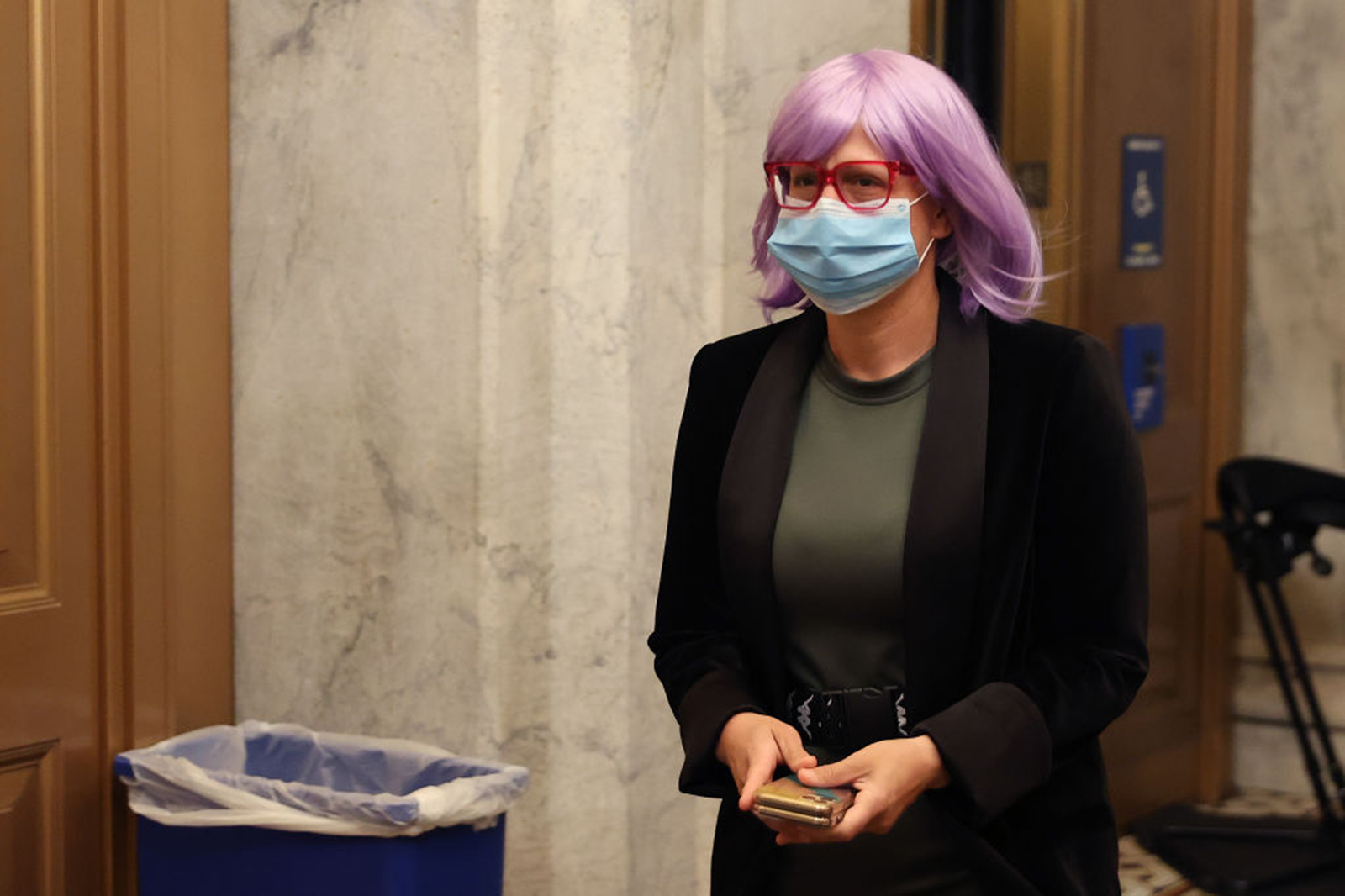With the inauguration of Joseph R. Biden, on January 20 2021, the Democratic Party took control of the presidency and both houses of congress for the first time since 2011. Although helping the country recover from the COVID-19 pandemic has been the party’s primary concern, Democrats are still working hard to pass other pieces of legislation from the Biden agenda. However, the clock is ticking fast with the midterm elections just 13 months away. Historically speaking, midterm elections have not been kind to the party that controls the presidency. So unless the Democrats can avoid a blood bath similar to the 2010 and 2014 midterms, they only have 13-15 months before Republicans can retake the House or Senate and stonewall the rest of Biden’s presidency.
Although Democrats have majorities in the House and Senate, both are incredibly slim with just a six-seat majority in the House and a 50/50 tie in the Senate. If the Democrats hope to achieve anything meaningful in the next 13-15 months, they need to get their heads out of the sand and get on the same page. Given the situation you’d think that’s what they would do, but that’s just not the case.
In recent weeks, the party has been working to pass the latest portion of Biden’s, “Build Back Better” plan. A wide ranging infrastructure bill known as, “The American Jobs Plan”.With zero Republican support in the senate, the Democrats need 100 percent unity from their party in order for the bill to pass. However, two centrist Democrats have chosen to throw a wrench in the party’s plan. Sen. Joe Manchin (D-WV) and Sen. Kyrsten Sinema (D-AZ) have announced that they will not support the bill citing its hefty price tag of $3.5 trillion over ten years. This is not the first time that Sen. Sinema has been a thorn in the party’s side, breaking with them on a number of issues such as: eliminating the filibuster, immigration reform, and raising the minimum wage to $15 (a proposal supported by Arizona’s junior senator Mark Kelly). Sinema’s middle of the road approach to legislation has caused her to lose the support of many democratic groups that helped her win election in the first place, with some groups already raising funds for a potential primary challenger for her in 2024. Sinema’s fall in the eyes of the left has been a quick one. Her victory in 2018 was celebrated by progressives as Sinema was sworn in as the first openly bisexual member of the US Senate. Now, Sinema is teaching them an important lesson: although diversity can be a good thing it can only effect change so much.
In the summer of 2019, I was praying at my local mosque and as I was leaving, I noticed a booth collecting signatures for a Muslim candidate running for congress. I had been looking for a political internship at the time so I approached the candidate and asked him a few questions. I’d already had a different preferred candidate in the race so I asked him why I should work for him and not his opponent. He gave me the type of long-winded answer you’d expect from a political candidate. I shook his hand and walked away with a policy pamphlet. After reading it, I realized I was more closely aligned with his opponent. So I told my uncle I’d rather work for his opponent instead. He proceeded to lecture me passionately about how, “our people need to stick together!” At the time, I bought into that idea and ended up working against my preferred candidate.
Right now progressives are learning from Kyrsten Sinema what I realized working on that campaign: diversity might be a strength in the private sector, but in the world of politics, it simply does not matter. You can have all the diversity you want in your politicians, but if all they care to do is continue maintaining the status quo, then their contributions mean nothing. If progressives want to make real change in the future, they need to start putting policy over personality and stop supporting politicians simply because of their race, gender, sexual orientation, religion etc.

